Analytical Philosophy of History

Summary
The crusade which conquered Mediterranean Spain in the thirteenth century resulted in the domination by an alien Christian minority of a dissident Muslim majority and an unusually large Jewish population. Professor Burns' research into previously untapped archival sources reveals the tensions and interaction between the three religious societies after the crusade. A principal source for the author's research has been the revolutionary paper registers of King Jaume the Conqueror. These abundant and neglected documents shed new light on Jaume's pluri-ethnic kingdom during its first generation of settlement. The chapters, each a pioneering work for its topic, are radically different in subject and in approach, and yet concern the same theme, the symbiosis of cultures in the redeveloping kingdom, and the same time-span, the reigns of Jaume the Conqueror and his son, Pere the Great.
Similar Books
-
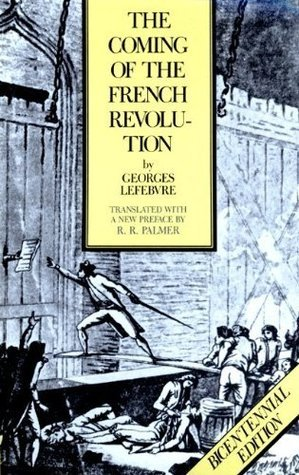 Quatre-vingt-neuf
Quatre-vingt-neufby Georges Lefebvre
-
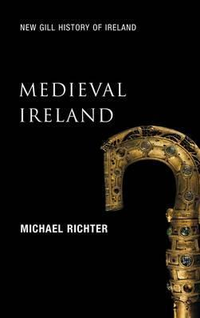 Medieval Ireland: The Enduring Tradition
Medieval Ireland: The Enduring Traditionby Michael Richter
-
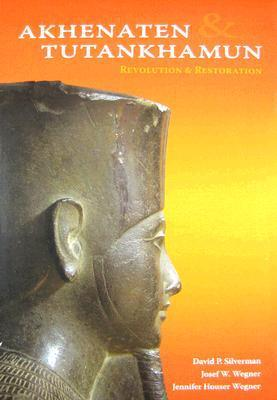 Akhenaten and Tutankhamun: Revolution and Restoration
Akhenaten and Tutankhamun: Revolution and Restorationby David P. Silverman
-
 The Cult of Remembrance and the Black Death: Six Renaissance Cities in Central Italy
The Cult of Remembrance and the Black Death: Six Renaissance Cities in Central Italyby Samuel K. Cohn Jr.
-
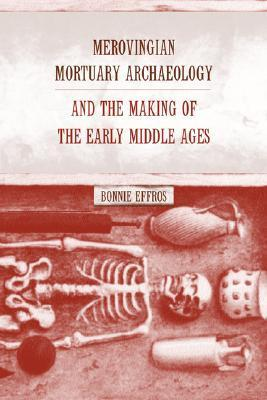
-
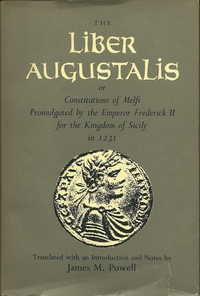 The Liber Augustalis or Constitutions of Melfi Promulgated By the Emperor Frederick II for the Kingdom of Sicily in 1231
The Liber Augustalis or Constitutions of Melfi Promulgated By the Emperor Frederick II for the Kingdom of Sicily in 1231by Frederick II of Hohenstaufen
-
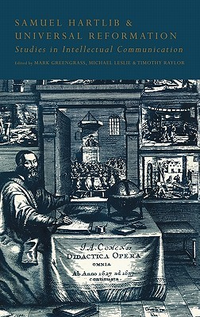
-
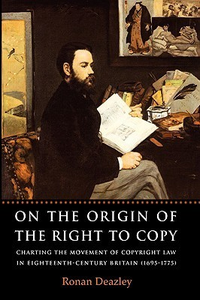
-
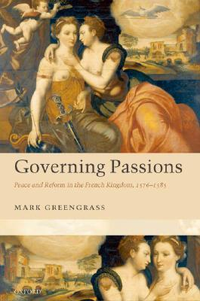 Governing Passions: Peace and Reform in the French Kingdom, 1576-1585
Governing Passions: Peace and Reform in the French Kingdom, 1576-1585by Mark Greengrass
-
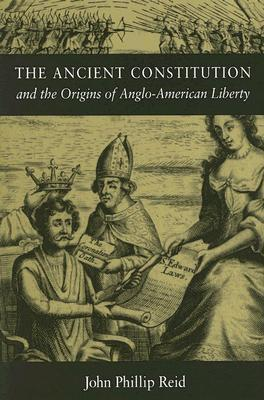 The Ancient Constitution and the Origins of Anglo-American Liberty
The Ancient Constitution and the Origins of Anglo-American Libertyby John Phillip Reid
-
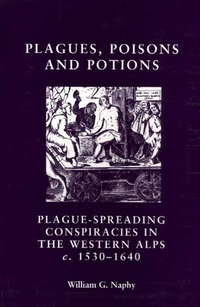
-
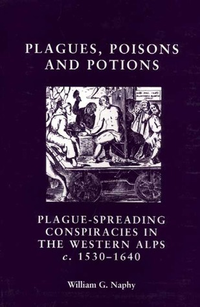
-
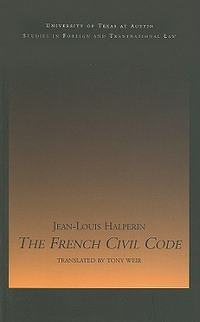 The French Civil Code
The French Civil Codeby Jean-Louis Halpérin
-
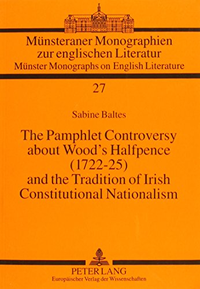
-
 Law and Citizenship in Early Modern France
Law and Citizenship in Early Modern Franceby Charlotte C. Wells